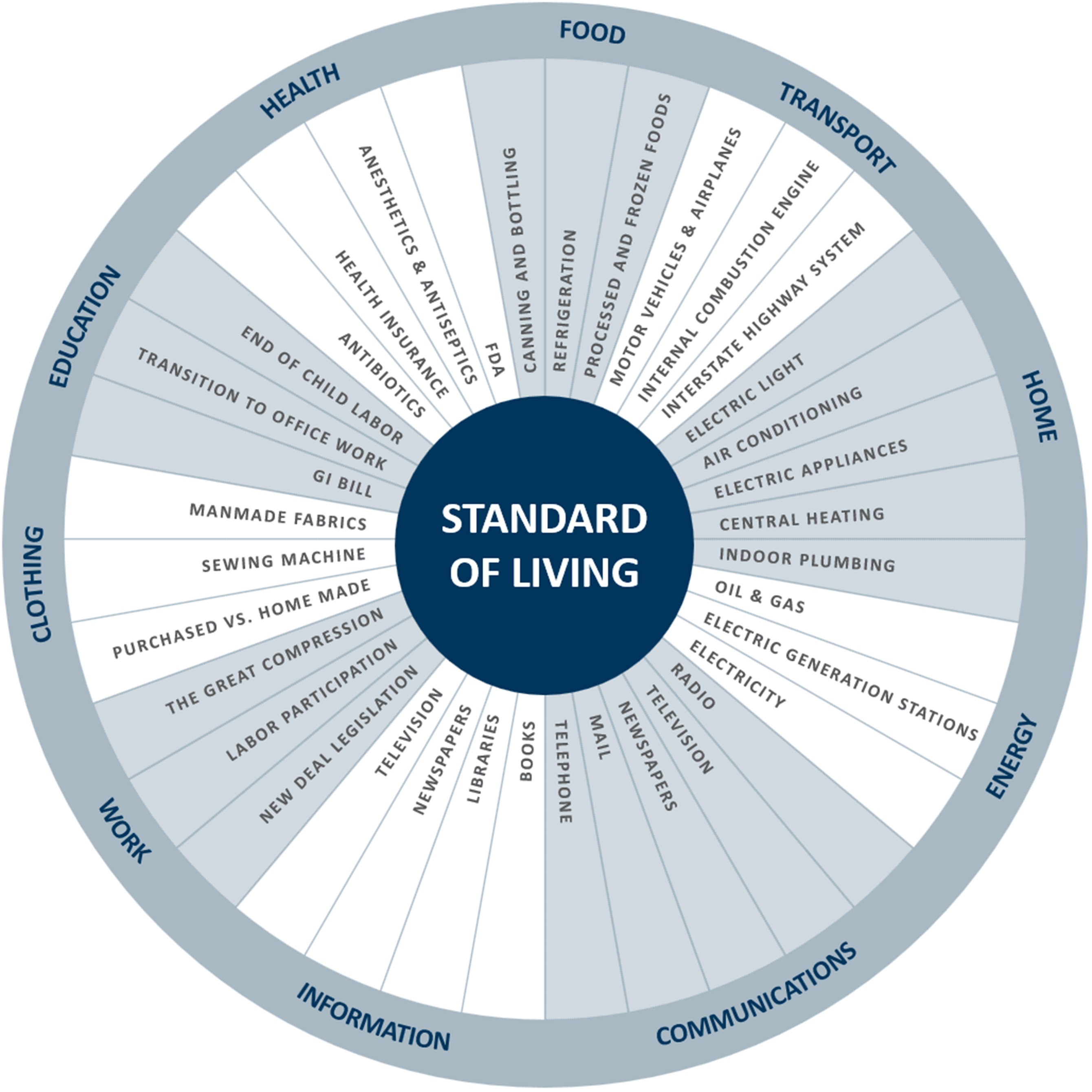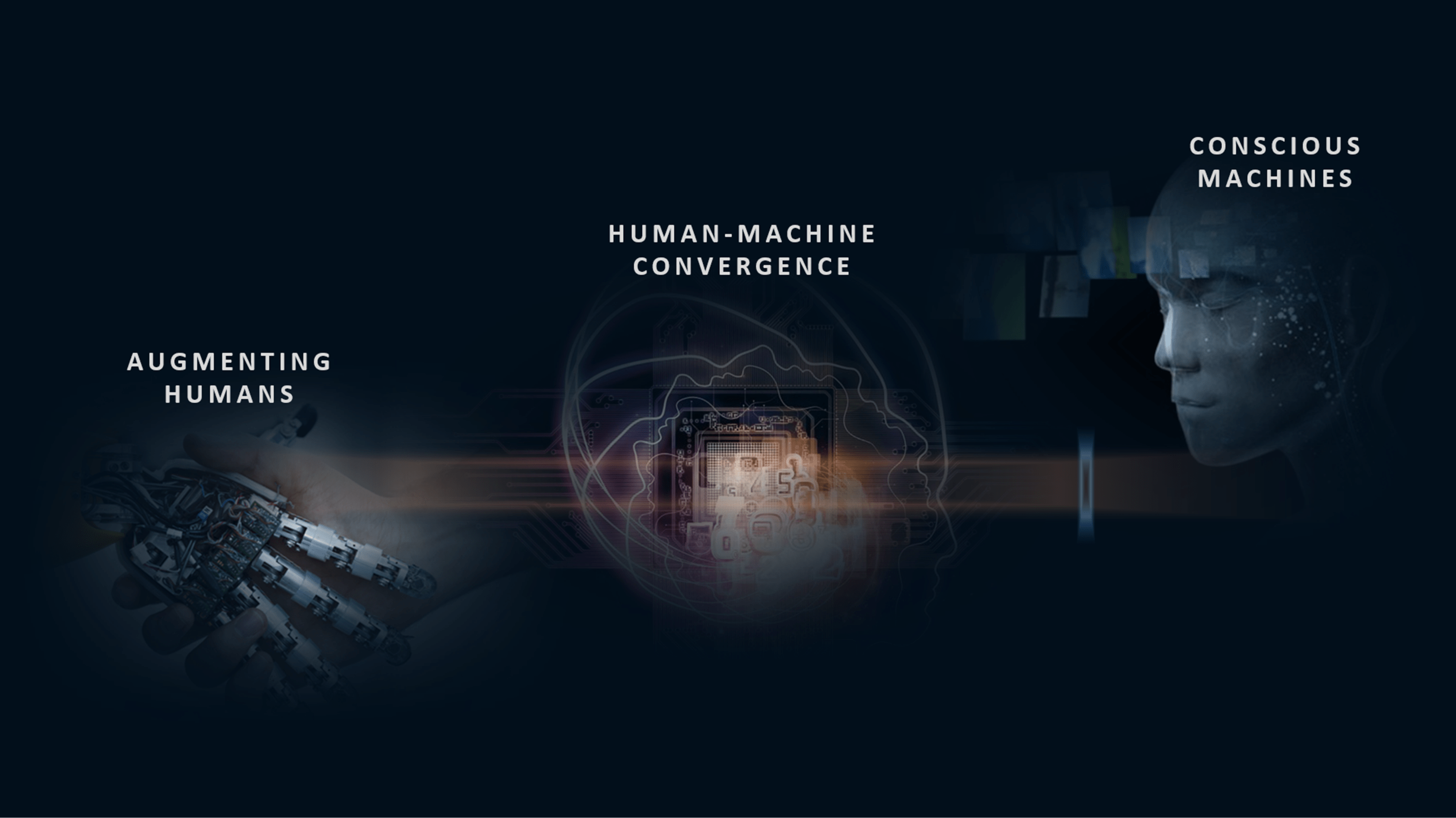My previous posts launched a series that will tell the full story of my reimagined future. Described as a journey through the looking glass, the story began with a description of the series title and a look backward in time. The series continues, with each post featuring a piece of our journey. We explored the tipping points of history in the last post. In this post, I explore the role that knowledge has played in shaping that history.
A GROWTH OF KNOWLEDGE
The tipping points described in my last post transform our core assumptions about the world, testing our ability to unlearn. The 15th century is described as the last time we found ourselves in this place – and the growth of knowledge was the catalyst. Knowledge is the engine that drives human development – and it has been throughout history. Knowledge expanded in the hunter-gatherer days with the invention of fire. As described in the post on history, in those days, a human obtained all its food by foraging. Although the source of food did not change, fire allowed humans to cook food and consume more calories. The human brain expanded with this caloric increase, and soon we invented language – the first in a series of innovations that drove the growth of knowledge. We invented agriculture on the strength of this growth – and humanity experienced its first true Tipping Point – a fundamental change in the nature of being human. Thus, we shifted from a hunter-gatherer to an agricultural society: a society where the economy is based on producing and maintaining crops and farmland. Along the way, money, the wheel, and writing were invented.
With the invention of writing, our knowledge expanded once again. This new-found ability to capture and share knowledge ushered in another period of innovation; including what some have called the most influential invention in human history: the printing press in the 15th century. By ushering in the age of mass communication and enabling a scientific revolution, the structure of society was permanently altered. The age of Enlightenment followed: an intellectual and philosophical movement that dominated the world of ideas in Europe during the 18th century and threatened the power of political and religious authorities. When the steam engine was invented in the 18th century, knowledge scaled rapidly. Beyond the impact on transport and production, perhaps the bigger impact was on the massive knowledge-fueled innovation that followed. An MIT study found the steam engine to be the most Impactful Innovation in human history.
When it combined with the printing press, the world experienced its most prolific period of knowledge development and sharing. A steam-powered printing press revolutionized the print industry and improved the literacy rate throughout the western hemisphere. The printing press drove a search for knowledge that challenged official hierarchies and altered society’s frame of reference. We shifted away from the quest to know the divine through scripture and its official interpretation, disrupting the established monopoly on information that was largely in the hands of the church. This emerging age of reason revolutionized the sciences and altered our social lives, our arts, our faith, and society, as the hierarchy of feudalism fell, and democracy emerged. Society transformed in a massive way: adaptations of religion (the Reformation), revolutions in politics (adjusting the concept of national sovereignty), and new understandings in the sciences (redefining the concept of reality). This period represents the last time human consciousness was changed significantly, and the transformation occurred because new technology engendered new philosophical insights (knowledge), which, in turn, were spread by technology (in the form of the printing press). As a result, the world tipped for the second time – this time to the Industrial Age.
The resulting explosion of knowledge ushered in the Industrial Revolutions and what some have called a very Special Century: from 1870 to 1970. The inventions of this period established the modern era and set the current standard of living in the western world. Electricity, running water, sanitation, antibiotics, refrigeration, advances in the social contract, and many more innovations were at the heart of this special time in history. In the latter stages of the third industrial revolution, the Internet connected society. To this point, the world had never experienced the ability to seamlessly share knowledge, ideas, capabilities and more. Where Globalization 1.0 emerged from a reduction in the cost of transport, Globalization 2.0 resulted from a reduction in the cost of sharing knowledge. This is where the seeds of the next tipping point were sown.
Like the last tipping point, where new ideas spread and toppled or reshaped established orders, we are on the verge of a third one, once again driven by the growth of knowledge. While human reason drove transformation during the enlightenment, challenges to human reason may transform us again. The authors of The Age of AI suggest that the superiority of human reason gives way to the proliferation of machines that can match or surpass human intelligence. Henry Kissinger, Eric Schmidt, and Daniel Huttenlocher explore the implications of AI as it progresses over the next several years.
This eventuality promises transformations potentially more profound than those of the Enlightenment. The authors describe rapid progress and astounding discoveries in mathematics, astronomy, and the natural sciences in the sixteenth and seventeenth centuries. That rapid progress led to a philosophical disorientation. It was the philosophers of the Enlightenment that identified reason (the power to understand, think, and judge) as both the method of and purpose for interacting with the environment. But the authors see AI providing an alternative means of accessing and thus understanding reality. The critical question the book begins to explore is: what additional levels of perception or comprehension may AI permit?

Artificial intelligence takes the knowledge explosion to its pinnacle. Combined with machines and biotechnology, this tipping point is poised to alter yet again what it means to be human. The world could potentially tip towards an automated and transhuman society. A transhuman is a being that resembles a human in most respects but who has powers and abilities beyond those of standard humans. This emerging third radical change is driven by the overwhelming automation of labor, the reinvention of traditional wage-earning employment, and the convergence of humans and machines. Slowing labor force growth will fuel an automation-enabling infusion of capital over the next 10 to 20 years. Once the first companies automate, others are likely to follow to stay competitive.
At the farthest end of the spectrum is the potential for conscious machines and the ultimate elimination of death (radical life extension on the Future Scenario curve). Biologists continue to unlock the mysteries of the brain and human feelings. At the same time technology gives us unprecedented capability. When these two phenomena’s merge, the possibility exists for machines to monitor and understand our feelings better than we can ourselves. Authority could then shift from humans to machines, and biological inequality might stand along-side economic inequality. Should this play out, the coming revolutions in biotechnology and information technology are likely to require fresh visions.
However, when viewed through the lens of optimism, every tipping point has advanced our human development. Although world events today might have us feeling otherwise, as a human family, we have never lived in better times. The challenge for society is to ensure that history repeats itself; that the innovation on the horizon once again advances our human development. To architect this advancement, Ethics must increasingly dominate our discourse over the next two decades, and accelerated learning and dialog must be embraced by all. We must take part in creating our emerging future. It is therefore incumbent upon us to learn as much as possible about these possible futures.
In summary, the common denominator throughout history has been the growth of knowledge. Some believe that an ever-accelerating knowledge explosion will produce too many powers of too great a scale for us to successfully manage (dystopian). While humanity has never experienced the current and expected growth of knowledge, it is not clear (to me anyway) that history can’t repeat itself. At the same time, the tipping point enabled by this knowledge explosion has no precedent. As mentioned in my historical post, Byron Reese stated that for a tipping point to a new age to emerge, something must come along that changes us and how we live in a profound and permanent way. Something that alters our trajectory as a species. It’s the potential to alter the human species that may have this tipping point stand out from the two that came before.
First Post in the series: A Journey through the Looking Glass
Second Post in the series: The Journey: An Historical Perspective



[…] with each post featuring a piece of our journey. We explored the growth of knowledge in the last post. In this post, I will return to history to explore the role that historical cycles have played in […]
LikeLike
[…] a piece of our journey. We explored the beginning of the most recent historical cycle in the last post. In this post, I will now shift gears and focus on the future. That focus begins at the heart of […]
LikeLike
[…] Third Post in the series: The Journey: A Growth Of Knowledge […]
LikeLike
[…] Third Post in the series: The Journey: A Growth Of Knowledge […]
LikeLike
[…] Third Post in the series: The Journey: A Growth Of Knowledge […]
LikeLike
[…] Third Post in the series: The Journey: A Growth Of Knowledge […]
LikeLike
[…] Third Post in the series: The Journey: A Growth Of Knowledge […]
LikeLike
[…] Third Post : A Growth Of Knowledge […]
LikeLike
[…] Third Post : A Growth Of Knowledge […]
LikeLike
[…] Third Post : A Growth Of Knowledge […]
LikeLike
[…] Third Post : A Growth Of Knowledge […]
LikeLike
[…] Third Post : A Growth Of Knowledge […]
LikeLike
[…] last, with subsequent waves accelerating on the strength of new building blocks that emerge and the growth of knowledge. We stand on the shoulders of brilliant people that came before us, and as inventors, inventions, […]
LikeLike
[…] patient pushing a button and having memories flood int their brain. We will have infinite knowledge, as well as the ability to connect the brain to exoskeletons that enable the […]
LikeLike
[…] is literacy. The world has increasingly grown its knowledge base. an estimated 130 million books have been written. But for most of human history, people have […]
LikeLike
[…] Third Post : A Growth Of Knowledge […]
LikeLike
[…] two historical pillars of advancement: knowledge and invention. I’ve explored how the growth of knowledge drove invention throughout history, and how that combination elevated the standard of living. Now, […]
LikeLike
[…] sparked by fire to the scientific revolution fueled by the printing press. I wrote about the role of knowledge in advancing human development as part of my looking glass series. Artificial intelligence (AI) […]
LikeLike